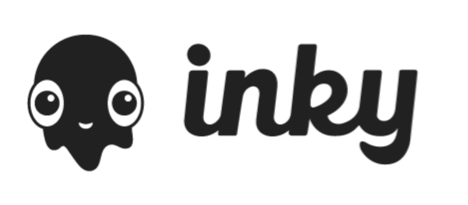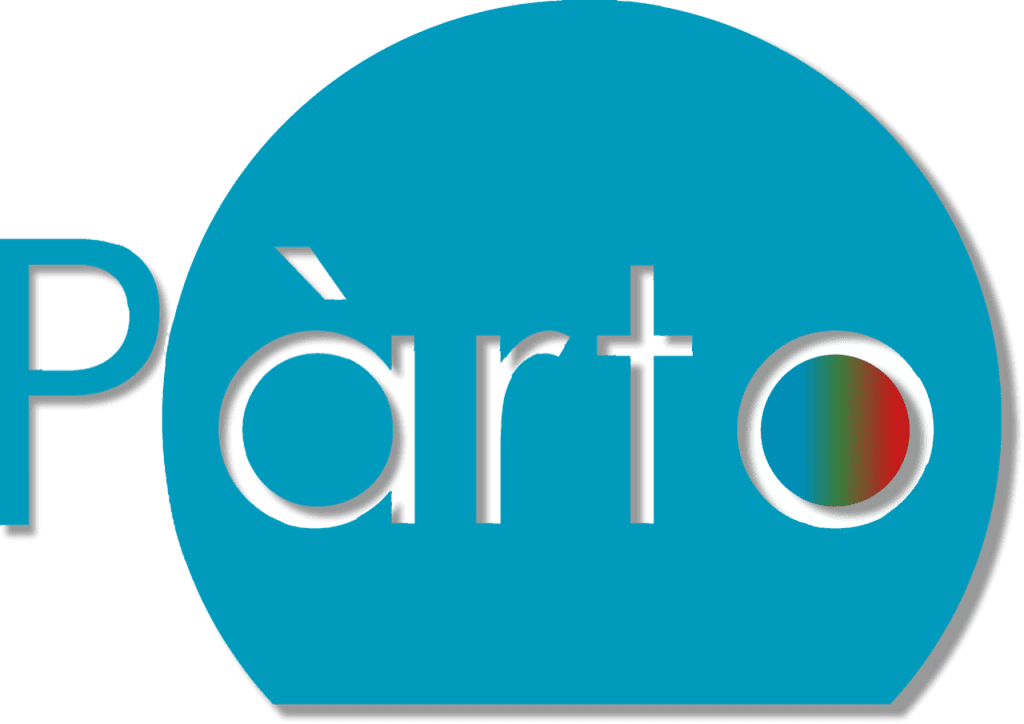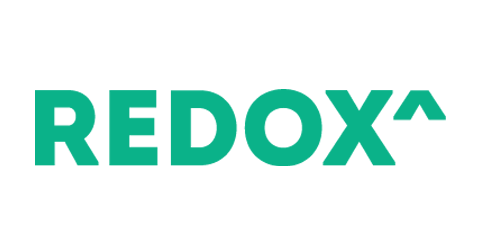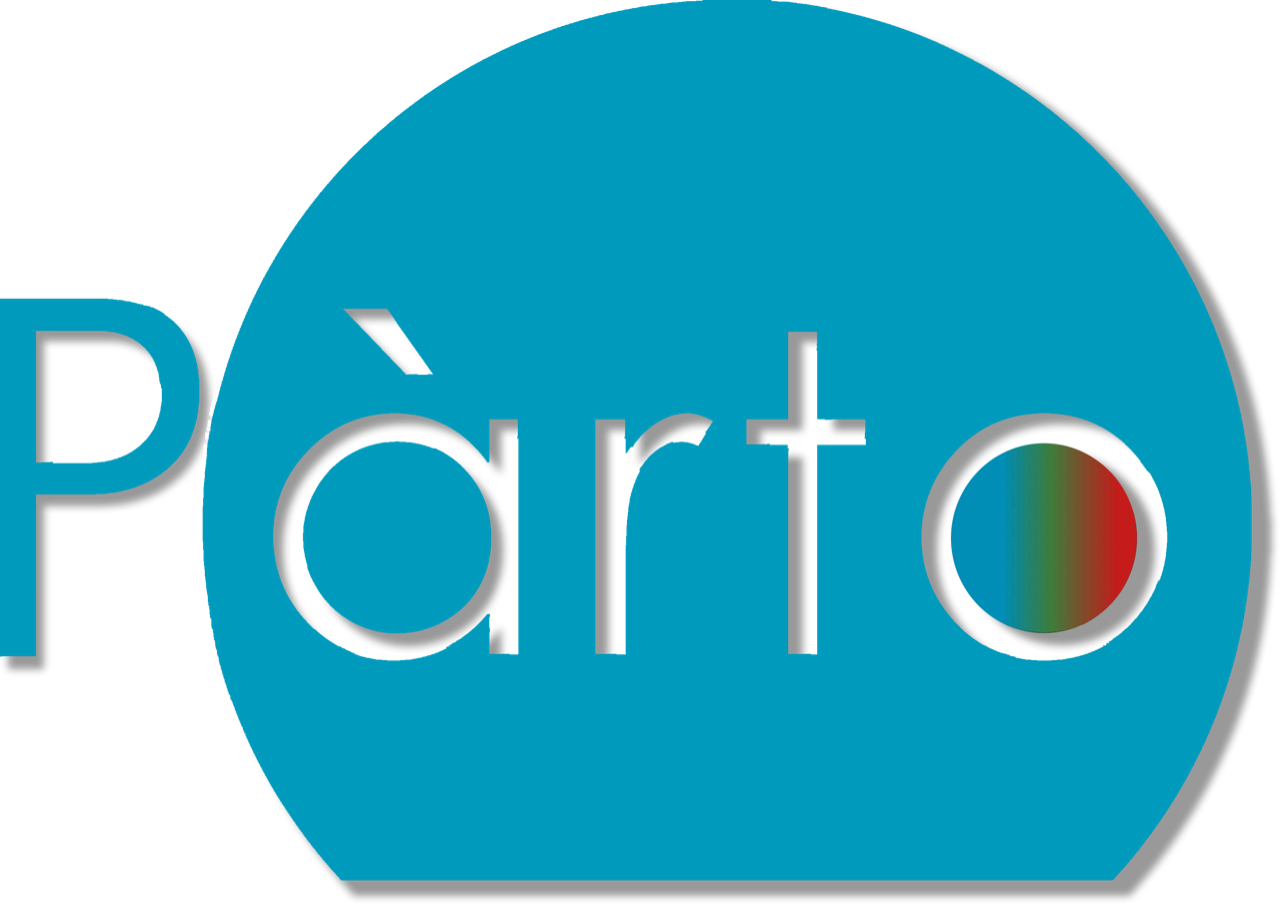
|
Inky leads the industry in mail protection powered by computer vision and related machine learning algorithms. The company’s flagship product, Inky Phish Fence, uses these novel techniques to “see” each email much like a human does, to block phishing attacks that get through every other system. Inky founder Dave Baggett also co-founded ITA Software, the industry-leading airfare search company purchased by Google (NASDAQ: GOOGL) in 2011 for $730 which now powers Google Flights®. For more information, please visit www.inky.com, or demo the system directly at www.inky.com/demo. |
|

|
Pixspan offers unique software products that reduce storage costs and increase transmission speeds of full-resolution media, medical and surveillance imaging. Currently, Pixspan is the only company providing a solution that enables a full-resolution workflow, beginning from camera RAW, to image processing, through to a final asset, with less than half the storage and bandwidth of existing solutions.
|
|

|
Parto is established to develop PartoScan, a high speed image acquisition device for the entire body using visible and long wave-length UV light. Parto’s system will also utilizes machine learning/deep learning to identify and classify all kinds skin lesions. Initially, PartoScan will be deployed to help the medical examiners to rapidly collect photo evidence. Later on, PartoScan can be deployed to help clinicians with the detection of skin cancers at an early stage. PartoScan can also accurately measure the dimensions of the areas effected by other diseases and thereby enable clinicians to objectively evaluate the therapy. PartoScan will be the first multispectral, ultra-high resolution and large depth of filed imaging system that can automatically isolate and analyze portions of the images that correspond to previously identified and new lesions.
|
|
|
JLABS @ Washington, DC is the newest Johnson & Johnson Innovation – JLABS life science and healthcare incubator. The state-of-the-art site is open to entrepreneurs, innovators and startups focused on innovation across the healthcare spectrum, including pharmaceuticals, medical device, consumer and health tech. |

|

|
The Montgomery County Economic Development Corporation (MCEDC) brings a big and bold approach to achieving greater economic competitiveness and prosperity across Montgomery County, MD. A nonprofit organization with a fresh public/private perspective, entrepreneurial spirit, and proactive approach to economic development, the MCEDC is focused on maximizing Montgomery County’s rich diversity of people, talent, and multitude of workforce and business expertise to keep it at the leading edge of today’s hyper-competitive economic development environment. Comprised of a highly-inclusive team of 11 on its Board of Directors, the MCEDC is committed to upholding and extending the County’s vibrant community and leveraging the advantages it brings for the future of business across the region. |
|


Redox, a Madison, WI-based startup that develops digital tools that enable healthcare applications to access data from electronic health records systems, says it has raised $9 million from investors.
New York-based RRE Ventures led the Series B financing. Other participants in the funding round included return backers .406 Ventures (in Boston), HealthX Ventures (Madison), and Flybridge Capital Partners, which has offices in Boston and New York. .406 Ventures led Redox’s $3.5 million Series A round, which was announced in late 2015.


Since its inception, biotechnology has been preoccupied with virus filtration, the clearance of invasive and adventitious viruses from biopharmaceutical products. And now, far from waning, virus filtration is set to become even more important. Virus filtration, reports Markets and Markets, constitutes a global market that is growing 12% each


The NIH has awarded MIMETAS and the University of Pittsburgh a prestigious SBIR grant to develop a Liver-on-a-Chip platform for high throughput discovery and development. Accurate prediction of hepatotoxicity is a major problem in the development of new drugs leading to high development costs. Animal hepatotoxicity testing is expensive, unsuited to high throughput and overall has unreliable concordance with human hepatotoxicity. MIMETAS scientists have teamed up with the University of Pittsburgh Drug Discovery Institute led by D. Lansing Taylor, Ph.D. to develop a liver-on-a-chip platform of unprecedented throughput, predictivity and usability. “We’re extremely happy to be working with Lans and his team on this project”, says Dr. Anthony Saleh of MIMETAS. “Prof. Taylor is a frontrunner in developing in vitro liver cultures and has vast experience with microfluidic techniques.” “We were extremely impressed when we learned about the MIMETAS OrganoPlate platform”, commented Prof. Taylor. “It enables High Throughput, 3D co-culture with a vascular and hepatic compartments, as well as ease of handling. There is really no equivalent in the Organ-on-a-Chip space”.


Great news in the happiest season of the year. We’ve published our 3D neuronal models for drug screening in Nature Scientific Reports and we received a grant with Pittsburg University for liver-on-a-chip. Of course we’re looking forward to meet you at the SLAS2017 in Washington and at the ISSCR in Basel. And Christmas would not be Christmas without our warm wishes for the holiday season and the year 2017. We’re definitely looking forward to it!


